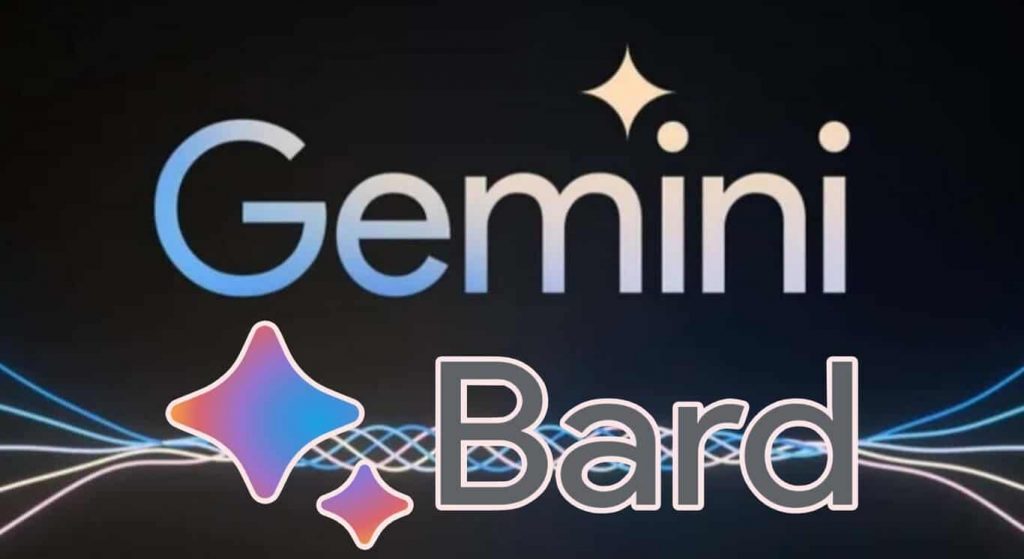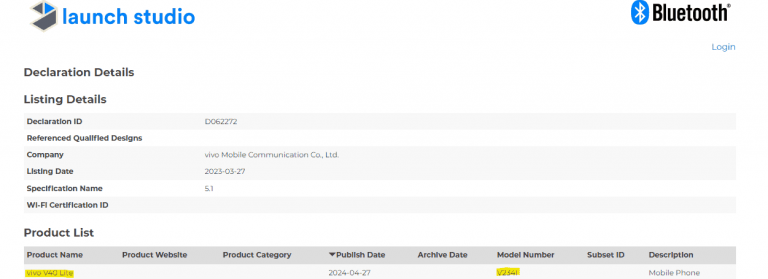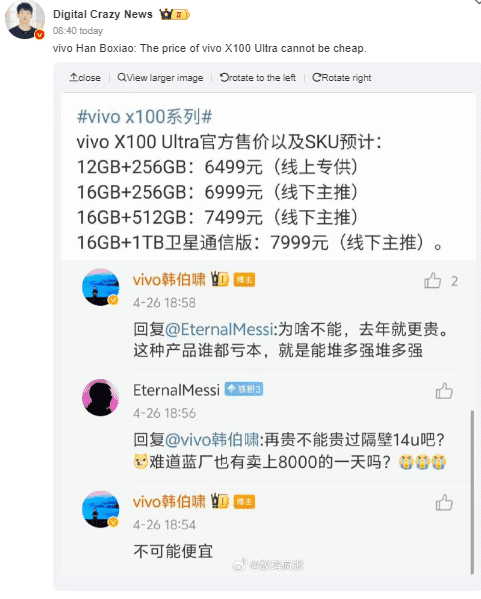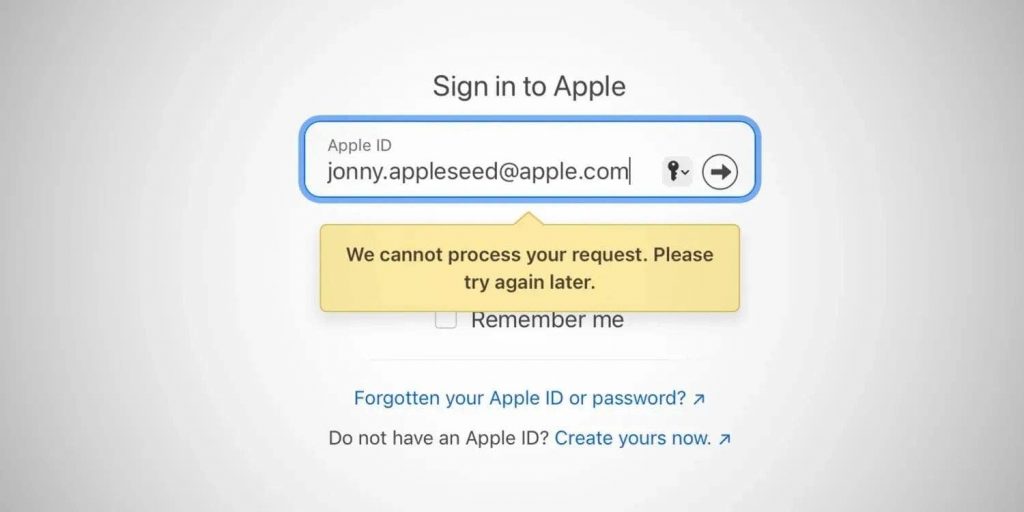2023 was a pivotal year for AI, and Google was a key player. While Bard, its initial conversational AI offering, faced mixed reviews, the company hinted at more advanced models in the pipeline. True to their word, December saw the unveiling of Gemini, touted as “the most capable and general model yet.” Now, with expansion plans and a dedicated app on the horizon, Gemini seems poised to become the cornerstone of Google’s AI strategy. However, regulatory hurdles could hinder its global accessibility in the early stages.
Google Doubles Down on AI: Gemini Takes Center Stage, But Faces Regulatory Hurdles
From Bard to Gemini: A Name Change and Expanded Ambition
Google currently navigates a confusing AI landscape with Assistant, Bard, and the “Assistant with Bard” integration. This lack of a unified brand identity might hamper user understanding. Rumors suggest a strategic name shift: Bard could become Gemini, aligning it with the core technology.
But the ambition goes beyond branding. Leaks point to a dedicated “Gemini app” launching February 7th, positioning it as an advanced successor to Assistant. This app promises multimodal interaction, surpassing simple voice commands. It’s a clear challenge to ChatGPT, aiming to elevate AI engagement to new levels.
Early Access Hiccups: Regulatory Roadblocks in Europe and Latin America
While global ambitions are evident, initial access will be limited. The app launches in English, available only in the US, Korea, and Japan. Notably absent are Europe, the UK, and Latin America. This omission highlights the complex interplay between AI development and regulatory frameworks. Stringent data privacy regulations in these regions likely require additional compliance efforts from Google before a wider rollout.
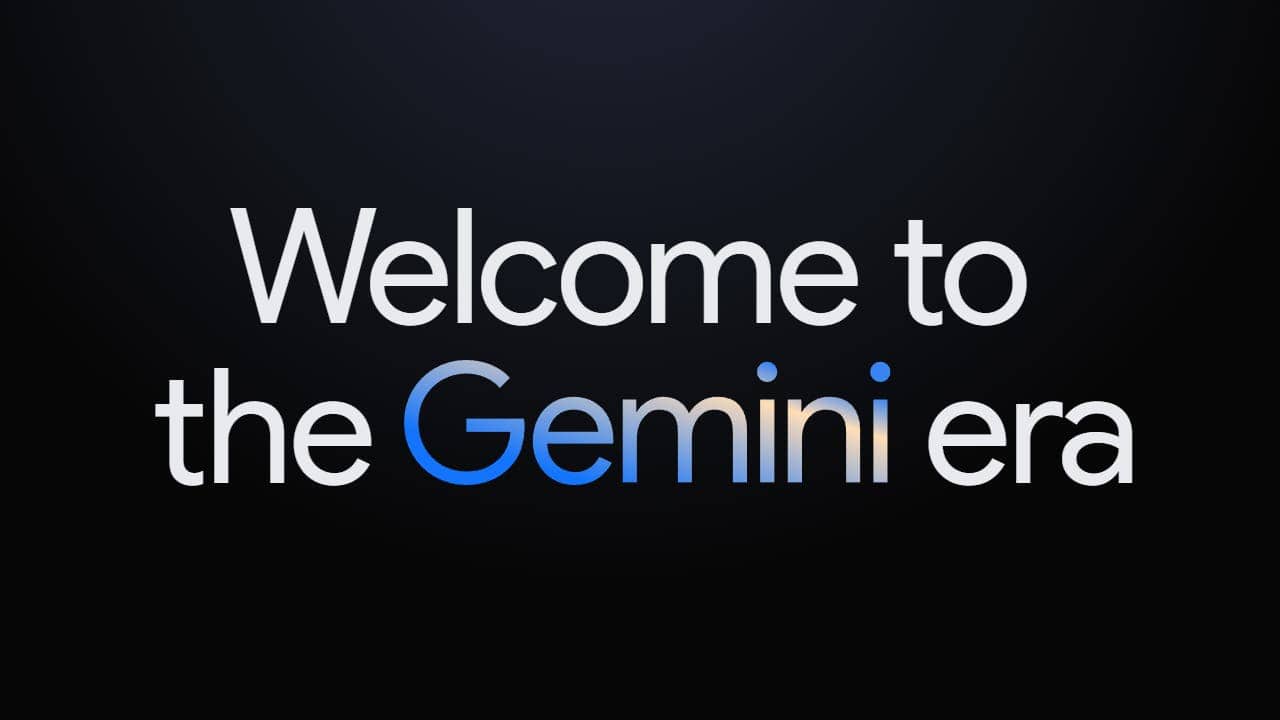
Beyond the App: Gemini Integration Across Google Services
The leaked information suggests that Gemini’s reach won’t be limited to a standalone app. Gmail, Maps, and YouTube are also slated for integration, enhancing their functionality with Gemini’s multimodal capabilities. This broader integration paints a picture of a future where AI seamlessly weaves into various Google services, offering a personalized and intuitive user experience.
Looking Ahead: Unveiling the Future on February 7th
While leaks provide valuable insights, February 7th’s official announcement holds the key. We can expect confirmation of the name change, app launch details, and potentially clarifications on the timeline for broader global availability. Whether Gemini overcomes regulatory hurdles in Europe and Latin America will be a crucial factor to watch.
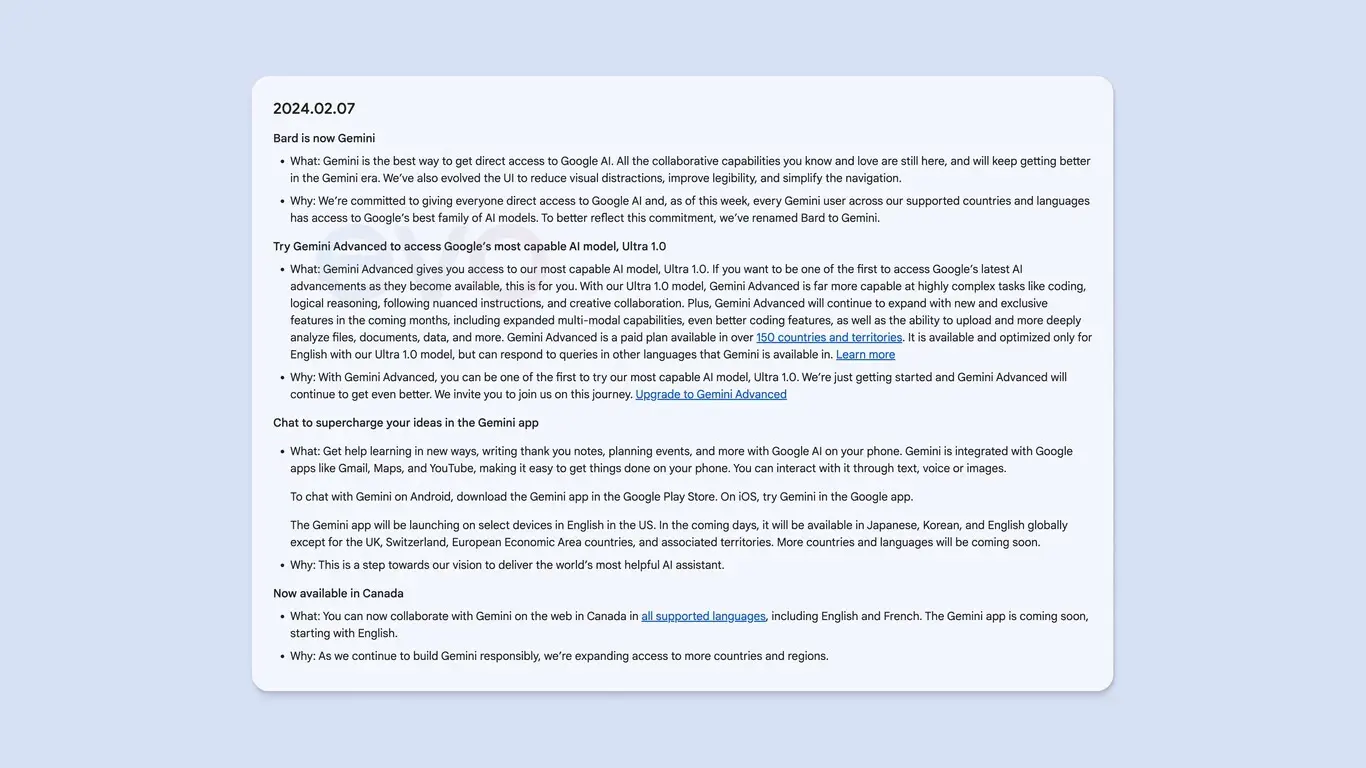
Beyond Speculation: The Wider Implications of Gemini
Gemini’s potential extends beyond a mere app or rebranding. It represents Google’s commitment to AI leadership, aiming to surpass competitors like ChatGPT. Its success will hinge on several factors: navigating regulatory landscapes, demonstrating its value proposition to users, and ensuring responsible development and use. If these challenges are met, Gemini could usher in a new era of AI-powered interaction, shaping the way we access information, navigate the digital world, and interact with technology.
As the industry eagerly awaits Google’s official announcement on Wednesday, speculation mounts regarding the strategic implications of these changes. While the introduction of the Gemini app is seen as a direct response to compete with the ChatGPT application, the exclusion of Latin America and certain European regions at the outset poses a potential drawback for users in those areas.
Gizchina News of the week
It is imperative to note that the information provided is based on unofficial sources, emphasizing the need to remain vigilant for official announcements from Google. As developments unfold, Xataka Android will promptly deliver updates, ensuring that users stay abreast of the latest advancements in Google’s AI landscape.
Beyond the Headlines: Unveiling the Potential of Google’s Gemini
While the initial reports on Gemini showcase its potential, delving deeper reveals a multifaceted AI with far-reaching implications. Let’s explore its features, potential applications, and the challenges it faces.
Features and Capabilities:
- Multimodal Interaction: Unlike Assistant’s voice-centric approach, Gemini understands text, images, and potentially other modalities, enabling richer and more intuitive interactions.
- Enhanced Reasoning: Google claims Gemini surpasses human experts in Massive Multitask Language Understanding (MMLU), suggesting superior reasoning and problem-solving abilities.
- Versatility: Early reports indicate Gemini’s integration with various Google services, including Gmail, Maps, and YouTube. This suggests broad applicability across various use cases.
- Scalability: Gemini comes in three tiers (Ultra, Pro, Nano) catering to different needs and computational resources. This flexibility allows for diverse applications, from personal assistants to large-scale data analysis.
Potential Applications:
- Personalized User Experiences: Gemini could tailor search results, recommendations, and content based on individual preferences and context, creating a more engaging and relevant online experience.
- Enhanced Productivity: Imagine a virtual assistant that understands complex instructions, automates tasks, and seamlessly integrates with various productivity tools. Gemini has the potential to revolutionize how we work.
- Creative Exploration: Gemini’s ability to generate different creative text formats like poems, code, and scripts opens doors for artistic expression and collaborative content creation.
- Accessibility and Education: By understanding diverse communication styles and modalities, Gemini could break down language barriers and offer personalized learning experiences.
Challenges and Considerations:
- Regulatory Hurdles: Europe and Latin America’s initial exclusion highlight the complex interplay between AI development and data privacy regulations. Adapting to different regulatory frameworks will be crucial for wider adoption.
- Ethical Concerns: As with any powerful AI, responsible development and use are paramount. Addressing potential biases, ensuring transparency, and mitigating risks like misinformation are crucial for building trust and ensuring ethical implementation.
- Competition and Collaboration: The AI landscape is dynamic, with players like OpenAI and Microsoft actively developing their own models. Navigating this competitive environment while fostering collaboration for the ethical advancement of AI is key.
Additional Insights:
- While the initial focus seems to be on consumer applications, Gemini’s potential extends to various industries like healthcare, finance, and manufacturing. Its ability to analyze complex data and automate tasks could significantly impact these sectors.
- The impact on the workforce requires careful consideration. While some jobs might be automated, new opportunities could emerge in areas like AI development, human-computer interaction, and ethical oversight.
Conclusion:
Google’s Gemini presents a promising glimpse into the future of AI. Its potential for personalized experiences, enhanced productivity, and creative exploration is vast. However, navigating regulatory hurdles, ensuring ethical development, and adapting to a competitive landscape are crucial challenges. By addressing these concerns and fostering responsible innovation, Gemini could become a transformative force in shaping our interactions with technology and the world around us.
Via: gizchina.com

